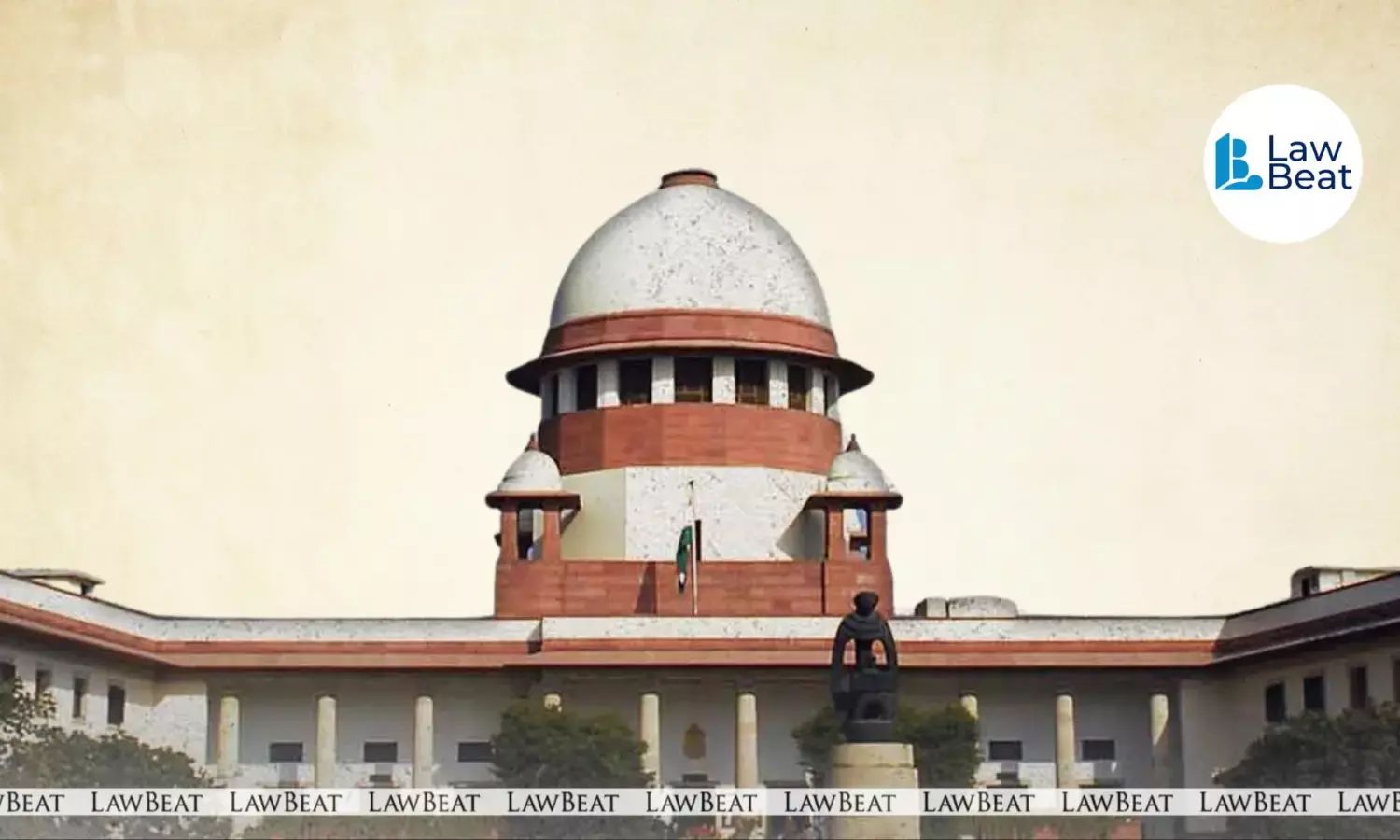Provisional Attachment under CGST Act Cannot Be Used as Recovery Measure: SC

The Supreme Court has clarified that provisional attachment under Section 83 of the Central Goods and Services Tax (CGST) Act is a pre-emptive mechanism to safeguard government revenue, not a recovery tool. The Court held that revenue authorities cannot repeatedly issue or “renew” attachment orders once the statutory period of one year has lapsed.
A bench of Justices Dipankar Datta and Augustine George Masih, while setting aside a Gujarat High Court ruling, held that the CGST Act does not permit issuance of a second provisional attachment order after the first one ceases to operate by virtue of Section 83(2).
The Court observed: “Repeated or continuous issuance of a provisional attachment order under the garb of ‘renewal’ could lead to a serious anomaly. Provisional attachment is a pre-emptive measure to protect the interests of government revenue. It cannot function as a recovery measure; for that, the statute has other provisions.” It further stressed that once the statutory period ends, attachment orders lapse by operation of law, and any attempt at renewal would amount to “filling old wine in a new bottle.”
Kesari Nandan Mobile had challenged two provisional attachment orders dated November 13 and December 18, 2024, issued by the Assistant Commissioner of State Tax (Vadodara). These orders were described as “renewals” of earlier attachments dated October 17 and 26, 2023, which had lapsed after one year under Section 83(2).
The Gujarat High Court dismissed the challenge, holding that no statutory bar existed against a fresh attachment after expiry of an earlier one.
On appeal, senior counsel for the appellant argued that such renewals had no basis in law, pointing out that unlike the Excise Act or Customs Act, the CGST Act deliberately omitted any extension clause.
Reliance was also placed on RHC Global Exports Pvt. Ltd. v. Union of India (2024), where this Court had de-freezed accounts upon expiry of one year, and on the Kerala High Court ruling in Ali K. v. Additional Director General (2025), which rejected the Gujarat view.
The respondent defended the renewal orders citing fraud allegations against the assessee and the need to protect revenue, arguing that the CGST Act did not expressly prohibit re-issuance.
The Supreme Court rejected this stand, holding that Section 83(2) is explicit: every provisional attachment ceases to have effect after one year.
Allowing re-issuance on the same grounds would render this safeguard meaningless. The Court also highlighted that no executive instruction exists authorizing renewal. “Viewed from either angle, issuance of the provisional attachment orders by the respondent … appears to be indefensible,” the bench said.
The Court further noted that Parliament, being aware of similar provisions in other tax statutes, deliberately chose not to provide for extension under the CGST Act. It emphasized that once an investigation concludes, recovery must proceed under specific provisions for tax, penalty, and interest, with due process available to the assessee.
Invoking the maxim ut res magis valeat quam pereat, the bench held that Section 83 must be interpreted to preserve its protective intent and not to arm the revenue with indefinite powers.
The Court also expressed concern that despite statutory lapse after one year, authorities often failed to issue release directions, compelling taxpayers to approach High Courts. The GST Council itself had acknowledged this misalignment between the Act and Rules in its 53rd meeting, recommending amendments to Rule 159.
Holding the second set of attachment orders unlawful, the Court directed immediate defreezing of Kesari Nandan Mobile’s bank accounts. It clarified, however, that the ongoing investigation could continue in accordance with law.
Case Title: Kesari Nandan Mobile v. Office of Assistant Commissioner of State Tax (2), Enforcement Division–5
Date of Judgment: August 14, 2025
Bench: Justice Dipankar Datta and Justice Augustine George Masih
